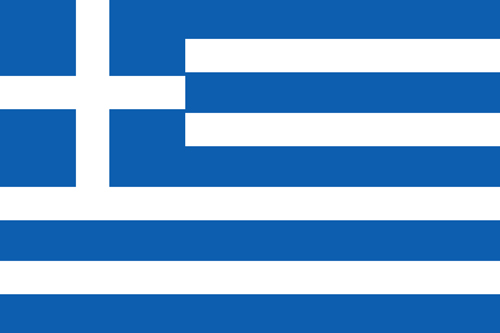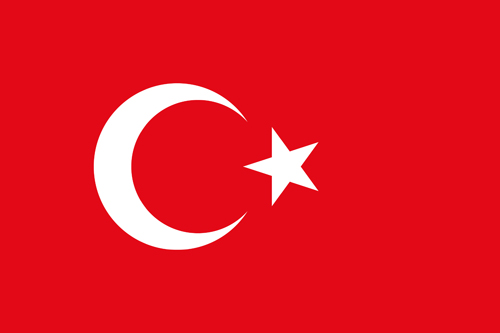The course aims to provide to all combatants / first responders (SOF and conventional warfare personnel) involved in Maritime Operations basic knowledge and skills in delivering necessary pre-hospital care with limited equipment and in confined spaces. Furthermore, critical and essential skills will be taught so as the first responders will be able to assist medical personnel to provide more complicated medical assistance and deal effectively with a mass casualty situation.
General information pertinent to all “26000 series” modules
Class size: Max: 24 and Min: 8.
Prerequisites:
- Language proficiency: Trainees should have the following standards of proficiency in English (as described/coded in 2009 STANAG 6001, Edition 3):
1/ Listening (Professional/3)
2/ Speaking (Functional/2)
3/ Reading (Professional/3)
4/ Writing (Functional/2)
(SLP 3232)
2. Computer skills: Basic skills in a Graphical User Interface (GUI) Operating System, as well as basic skills in word processing and Power Point Presentation.
Training Strategy:
a. Prerequisites (Pre-study): Students will have to study in advance relevant courseware which will be delivered to them upon registration to the Course. It is though compulsory for all potential students to complete through JADL elearning platform the All Service Members (ASM) Course (ASM Link) and Combat Lifesaver (CLS) Course (CLS Link) including the self-assessment part
(https://jadl.act.nato.int). In addition, trainees should complete the formative pre test (Multiple Choice Questions) during the 1st day of the Course. The test is based on the latest ASM / CLS -TCCC guidelines, provided in advance glossary and specific parts of the PHTLS latest military edition (all courseware to be delivered with the Joining Instructions before the Course).
b. Residential Part: The participants who can be characterized as combatants will receive lectures and demonstrations with regards to the knowledge and skills required to recognize and provide the basic care in terms of treating life threatening injuries on the battlefield as first responders while assisting medical support personnel to provide advanced care if such requested. Afterwards, they will practice on the respective skills, and at the same time, they will work in teams in order to better achieve a performance. While utilizing as instructional methods the simulation and role playing, the element of realism will be implemented and will add extra difficulty and the non-measurable combat stress factor. Q&A sessions, guided acquisition of expected knowledge and skills.
c. Evaluation/Assessment:
Trainees will be assessed in 4 different areas.
Entry-test (10 pts) (Multiple Choice Questions) which will take place the first day of the course. The MCQ test will be based on the provided study material and Final-test (15 pts) (Multiple Choice Questions) which will take place the last day of the course. The MCQ test will be based on the provided study material and Performance Based Evaluation on 14 Skill Stations (15 pts). Each of them
contains and many skills which the student has to successfully pass at least with a 2nd attempt.
Assessment on a completed simulated scenario (60 pts): There is also a Skills Assessment Checklist designed for performing a skills assessment as part of a culminating event, so the trainer can test all the required skills at once as part of a scenario exercise.
Overall score corresponds to the following assessment:
(1) 90 or above the trainee has proven the knowledge and skills of a fully capable Combat Lifesaver by following NATO and TCCC procedures in efficient execution of simulated TCCC scenario.
(2) 75 or above the trainee has proven the basic knowledge and skills of a Combat Lifesaver by achieving the objectives with minor performance deficiencies in following NATO and TCCC procedures.
(3) 74 or below the trainee has failed to prove the skill and knowledge required to execute first aids on the battlefield. In specific, he will be informed by the skill sheets (signed by trainer and trainee) and the results of MC test.
The course will be conducted in English. Translation into other languages will not be provided. The following proficiency standards in English are required to be met:
a. Listening Professional (3),
b. Speaking Functional (2),
c. Reading Professional (3),
d. Writing Functional (2), IAW STANAG 6001 (SLP 3232)
The course NATO Unclassified / Releasable to: PFP (except Russia), MD, ICI, PatG . NMIOTC applies security arrangements and regulations according to NATO standards.











